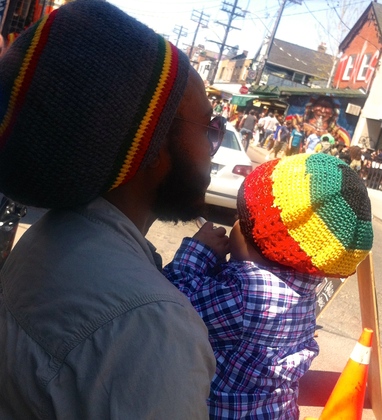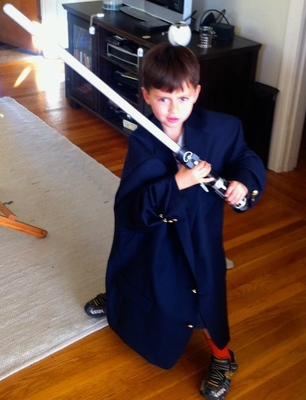How many times is the discussion of a topic justified by the fact that "is trending on Twitter"? Is it really meaningful that "sentiment on Twitter is breaking 80 to 1 against such and such?" Is something important just because it has three thousand likes on Facebook?
ARIANNA HUFFINGTON, Thrive.
WORTHY
How many times do you consider something is "important," "good" or "worthy" because a certain number of people gave it "five stars?" The following story is real and it happened in a video store -- yes, video stores still exist in the Bay Area-Silicon Valley, this is the only one that has survived in Berkeley and is called (please do not laugh) Five Star Video. A few months ago I was waiting to check out a couple of Criterion DVDs and in front of me was an 11 years old. His mom, a true Berkeley parent concerned about excessive TV exposure, was allowing him to borrow only one DVD at a time, and the boy had chosen a recent Disney release, Planes. But before checking out the DVD, he asked the clerk to look and see "how many stars did the movie get on reviews." "Two and a half stars," was the answer.
It is impossible to forget the child's conflicted facial expression, caught in this powerful dilemma of having to pick between his genuine choice (desire, intuition?..) and the fact (fact?!) that the majority of us considered Planes not very worthy watching. It might look like a non-issue for many of you, but for an 11 year old this is a crucial matter: how do I deal with the fact that my personal choice is invalidated by the opinion of the masses?
IDENTITY
"The ever-more-sophisticated algorithms on the social media sites where we live our lives know what we like, so they just keep shoveling it to us. It's celebrated as "personalization," but it often caters to a very shriveled part of who we really are. They know what we like but they don't know ... what we need. They don't know our possibilities, let alone how vast they are." ARIANNA HUFFINGTON, Thrive.
Personal identity is the result of the interplay of two crucial qualities and needs: individuality and belonging. Each of them increases or decreases to the expense of the other. Too much individuality might mean selfishness and/or loneliness. Too much belonging often leads to enmeshment, engulfment of the individual self and co-dependency. But who says what is "too much"? Well, globalization has made this question more relevant than ever. Experts in intercultural psychology and cultural intelligence (CQ) are able to explain how different cultures (nations, ethnicities, organizations) have different emotionally ingrained values. They are the result of our cultural interactions, when our needs for individuality and belonging have been validated or rejected. Many of these values are "stamped" at the subconscious level from where they influence the way we communicate and form relationships.
I often hear parents and teachers telling children: "you have to be a winner, a leader, nobody wants to be a follower!" And then they turn around and choose a movie or a book because everybody else gave it maximum of stars. No wonder our children are confused: who are they suppose to lead in a world where all are leaders, who at the same time carefully (or mindlessly?) follow five stars trends?
BUSY.
If you are "too busy," you are more likely to rely on the 5 stars system and the recommendations of an algorithm for which creativity and art is divided in: action, drama, comedy, documentaries and foreign. It is even more fascinating that we would call these rather intrusive computer suggestions "personalization," when they actually lead to exactly the opposite: uniformization, generalization, standardization of taste and choice, or in a word: depersonalization. It cannot be any other way, since a machine, well, is not a person. The moment we let our creative and artistic needs and perceptions be guided by an algorithm, we tend to adopt more of an utilitarian, machine-like thinking and behavior, specifically if we grow up in a jungle populated by algorithmic suggestions, like the 11 years old boy from this story.
A SPARK.
Recently I had the pleasure to spend a sunny Sunday in San Francisco's Golden Gate Park, in the company of Radu Rusu (CEO and Co-founder of Fyusion, Inc.), a brilliant fellow Romanian, specialist in robotic perception. Our conversation revolved around the struggle to create machines that behave (and think) exactly like humans. Although we are now in possession of super powerful computers, we still seem to not be able to create a "neuronal network" that can do what the human brain does. Humans seem to have another spark of "something," we concluded, responsible for things like the emotions elicited by art that goes beyond "action-drama-comedy-foreign."
What could that spark be? Could it be related to our sense of individuality and belonging? Voice your opinion below.


